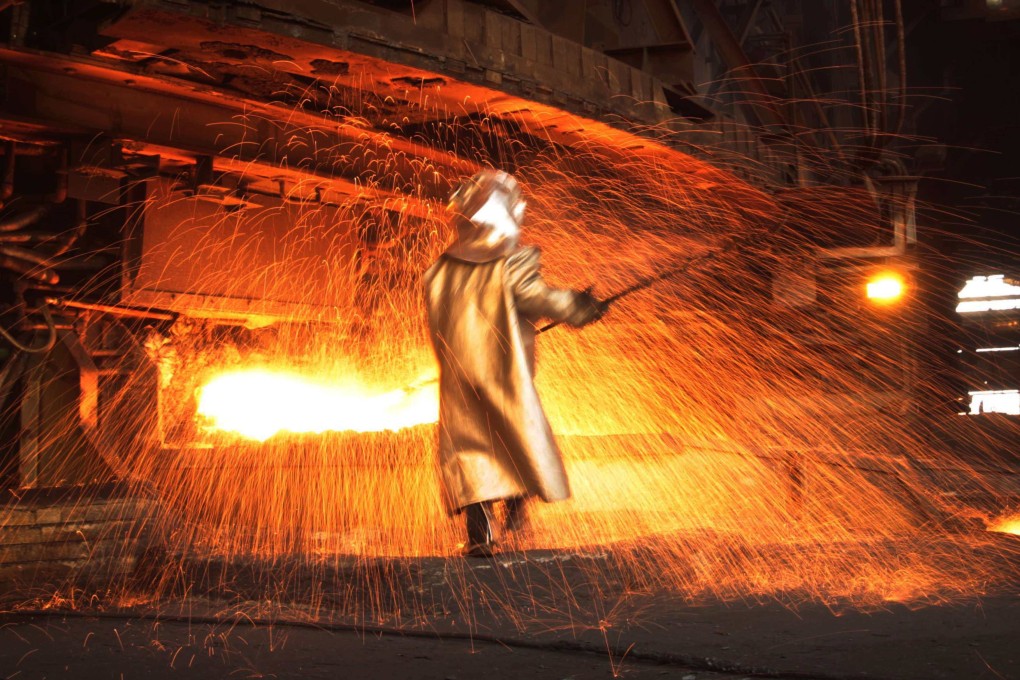Indonesia’s plans with China’s Tsingshan face pressure to uphold green standards
- Nickel smelters near a hydropower plant in Borneo will help ensure net-zero carbon emissions as Indonesia aims to become an electric vehicle battery hub
- But environment and rights groups aren’t convinced land and communities will be protected

A new industrial estate for metal smelting that Indonesia plans to build with China’s steel and nickel giant Tsingshan Holding Group in Borneo will provide the country with much-needed investment to develop its electric vehicles (EV) battery industry, but environmentalists warned that the project needs to be managed carefully so as not to devastate the surrounding area and its communities.
Luhut Pandjaitan, Indonesia’s coordinating minister for maritime affairs and investment, said last week that Southeast Asia’s biggest economy was in talks with Tsingshan and Australia’s Fortescue Metals Group to build a new industrial estate to host smelters for iron ore, nickel ore and copper – minerals critical to serving global demand for new technologies.
The smelters would be near an 11,000 megawatt-hydropower plant in North Kalimantan province, which is currently being built by Power Construction Corp of China (PowerChina) and Indonesia’s Kayan Hydro Energy. The first phase of the hydropower plant project is expected to be completed by 2025.
But Australian-listed miner Fortescue Metals – one of China’s biggest and most important iron ore suppliers – clarified it was not partnering with Tsingshan to build the new industrial estate, in particular a smelting factory. Rather, through its subsidiary Fortescue Future Industries, it would assist the Indonesian government with building more green energy projects that harness the country’s hydropower and geothermal resources.
In line with an agreement both sides signed last year, Fortescue Future Industries said it would conduct feasibility studies to develop more carbon-free green projects. The company will also build 25GW geothermal plants and 60GW hydropower plants in places such as Papua, North and East Kalimantan provinces.
These projects would in turn support more local businesses and their supply chains and exports, the company said.
“FFI aims to take a global leadership position in the green energy and green products industry, powering economies and creating jobs as we transition away from fossil fuels,” Fortescue Future Industries chief executive Julie Shuttleworth told This Week in Asia.